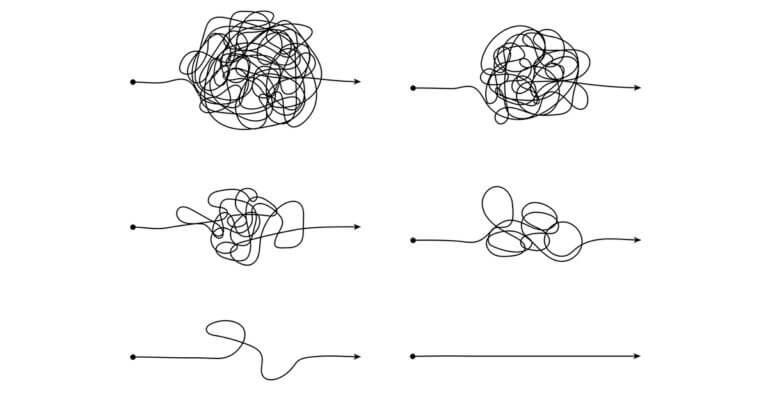July 8, 2015

Polling for Meaning: Healthcare, Hospitals and Consumer Sentiment
Market Corner Commentary: July 8, 2015-Polling for Meaning: Healthcare, Hospitals and Consumer Sentiment
A version of this commentary first appeared in “Academy 360” on June 25th
Consumers dislike healthcare but love hospitals, doctors (even more) and nurses (the most). These are among the results from the Health Management Academy’s consumer analytics research.
Consumer attitudes toward hospitals mirror the historical Congressional paradigm – voters hate Congress but love their Congressional representative. More on this later.
Consumerism is on the move in healthcare. High-deductible health plans, increasing price/outcomes transparency and a surge in negative press (remember The Bitter Pill)have made ordinary American more aware of their healthcare purchasing power and more wary of institutionalized medicine.
Why is gauging customer sentiment important? Consumer-based companies customize their products and services to individual buyer preferences. As healthcare becomes more consumer-oriented, measuring customer attitudes will guide strategy development for health companies.
To remain competitive, health companies must invest more in polling, focus groups and test marketing. Perception is reality. Winning companies understand and act upon the “pictures in the heads” of their customers.
Consumer opinions on healthcare are mixed. Only the Federal Government and the Oil & Gas industry have lower sector ratings than Healthcare. In a 2013 Gallup poll, the Healthcare Industry had a thirty-six percent positive rating and a forty-nice percent negative rating for a net sentiment score of negative thirteen percent.
Consumers direct the most anger at Health Insurers with a net sentiment score of negative seventeen percent (ouch!). Hospitals, Doctors and Nurses shine by comparison with positive net sentiment scores of fifty, sixty-four and eighty percent respectively. Give a hug to the next nurse you see.
This pattern fits the “hate Congress, love my member” paradigm except that paradigm no longer exists.
According to Public Opinion Strategies, Congressional negative sentiment “cancer” has spread to its members. Public opinion of individual Congressional members plummeted from positive thirteen percent in 2010 to negative ten percent in 2014.
This represents a massive, negative shift of twenty-three percent in just four years. Only thirty-two percent believe their Representative deserves re-election. Fifty-seven percent believe a new person should get a chance to serve.
Consumer sentiment is fickle and can go negative fast. The positive consumer sentiment healthcare providers enjoy today could reverse direction.
While the positive karma lasts, health systems can engage customers, discover the “pictures in their heads” and tailor “messaging” and “services” to enhance customer perceptions. Knowing and acknowledging what customers think, good and bad, is essential to earning their trust. Winning health companies align service delivery with customer wants, needs and desires.





